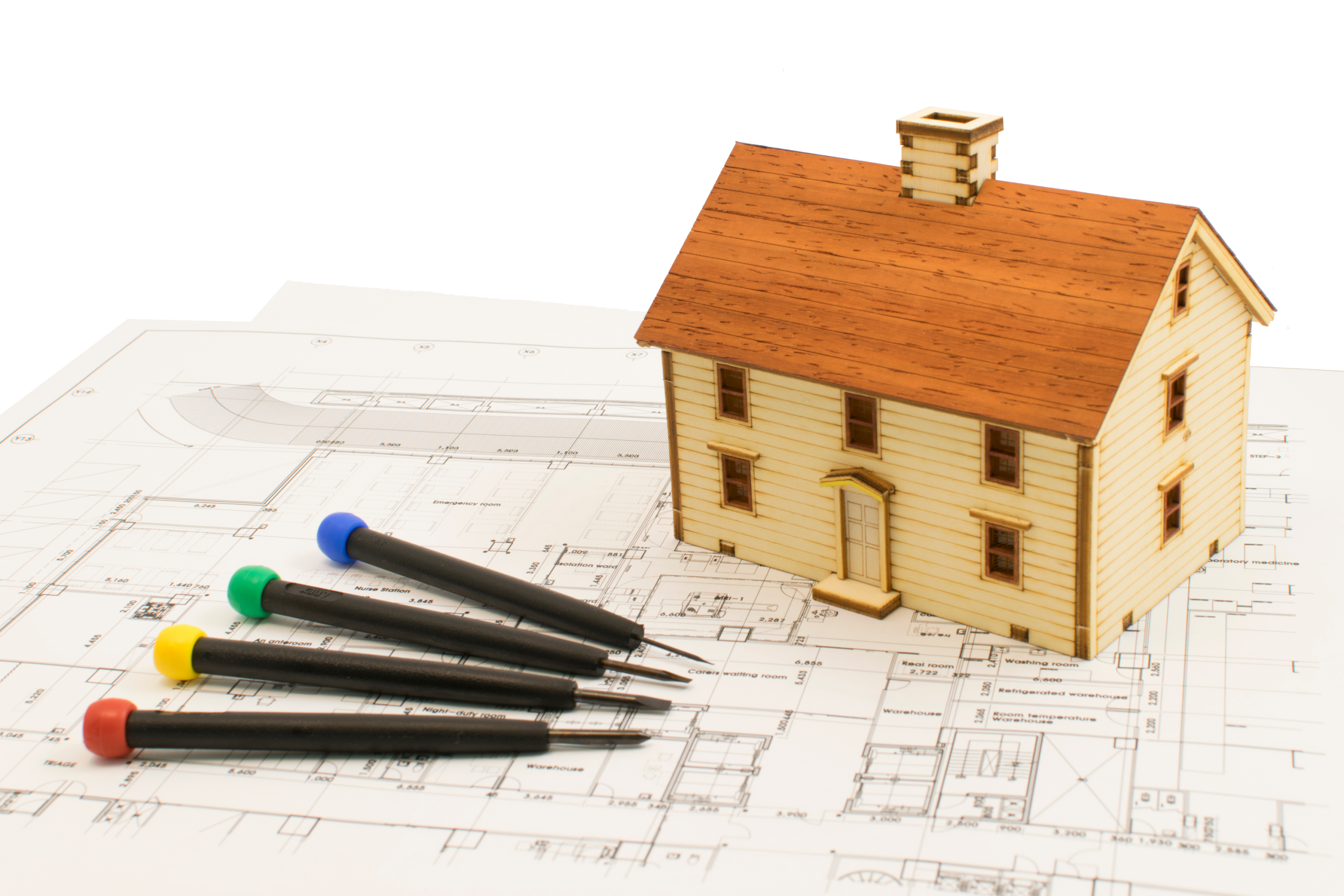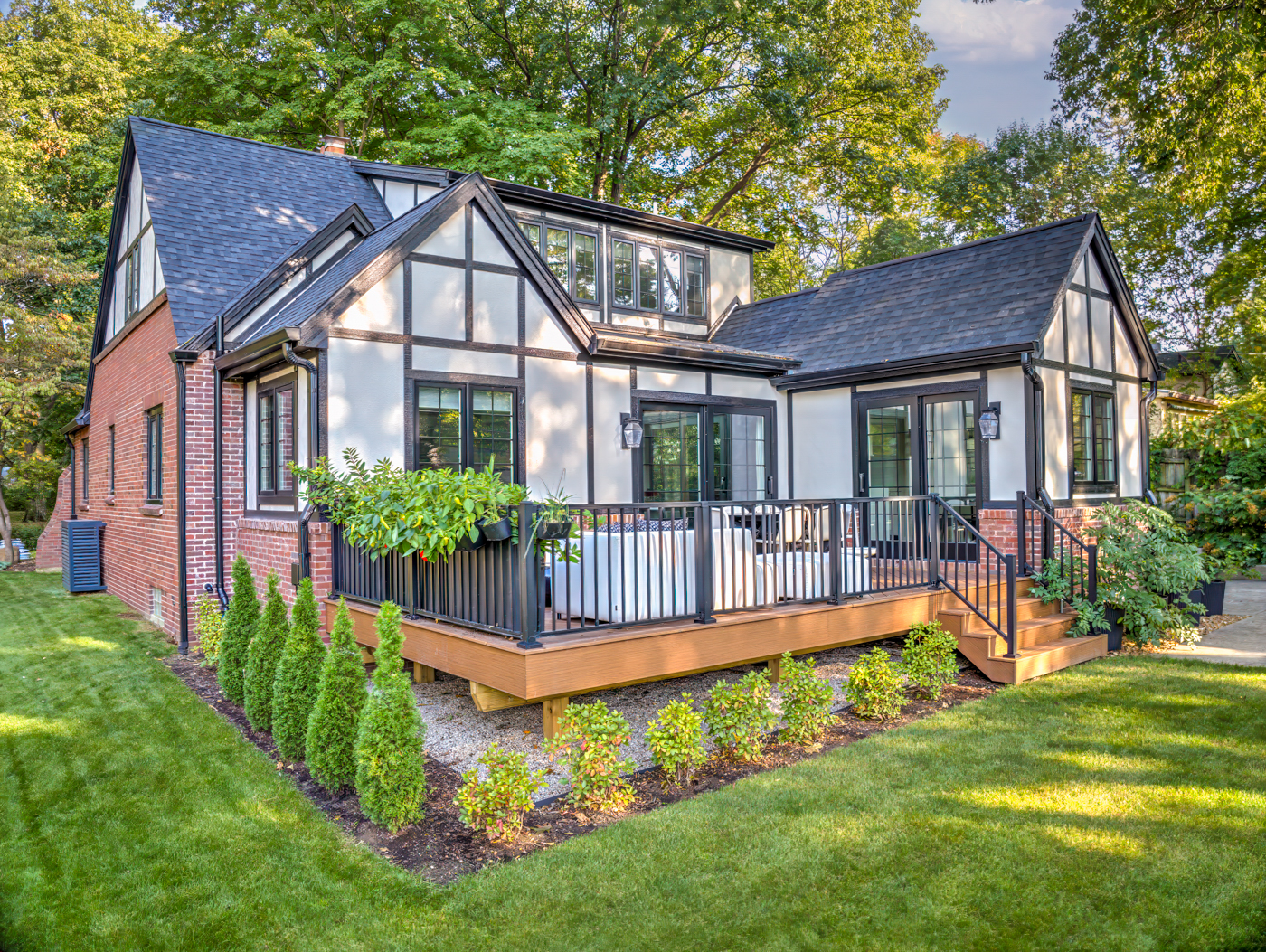Home remodels, when approached rashly, can lead to unnecessary stress and difficulty. Major projects like a kitchen remodel or room addition takes careful consideration and preparation.
While any major construction will inevitably come with a bit of inconvenience, major pitfalls can be avoided with a little planning. Before you begin your project, consider these 6 keys to a successful home remodel.
1. Determine your needs and wants
While it may be thrilling to “trust the artist” and give all responsibility to a designer, providing direction to your contractor will reduce the amount of speculation and back-and-forth during the design process.
Alleviate pressure on your designer by making a list of your “must-haves” and goals for construction. If your goal is to increase value for an upcoming sale or create a more useable space, write that down, too.
Get down to the nitty-gritty including appliances, finishes, and materials. Use this list to inform your budget.
2. Outline a budget
Approaching a major remodel without a solid budget is a recipe for disaster. Unexpected expenses come up in every remodel and a good budget will factor in both knowns and unknowns.
Home remodel budgets should be a range with an ideal minimum and an absolute maximum. Include incidental costs like hotel rooms, dining out, and travel costs if your project will render a room or entire home inaccessible.
The timing of your project will also affect your budget. Contractors and construction materials are in high demand during spring and summer, driving costs higher.
3. Collect inspiration
Use tools like Houzz, Pinterest, Google Images to collect images and inspiration for your home remodel. Pick up home remodeling magazines and tear out images that resonate with you. Make notes about what you love and don’t care for from each.
While a talented designer may be able to recreate someone else’s kitchen or bathroom exactly, rigid design expectations can lead to undue tension if your space doesn’t cater well to your dream design.
If you’re letting a television show act as a source of inspiration, beware that TV magic can create unrealistic time and cost expectations for some homeowners.
4. Time your project
If you want or need your major remodel completed by a specific holiday or life event, make sure to factor that into the timing of your project. Working backward from the desired date, use the internet to give you an idea of how long your project may take.
The average estimate for a full kitchen remodel, for example, is 3-6 months. Though you may not be able to accurately plan for contractor or material lead times, your time needs may help determine the contractor you choose.
If you are on a conservative budget, consider the time of year you choose to remodel. As a general rule, home construction is more expensive in the spring and summer.
5. Find the best contractor
References from friends, family, or coworkers are a great place to start when searching for a contractor. If you don’t have these references, trade associations can help you identify reputable contractors that have relevant experience and insurance. A contractor you can trust should have no issue providing references for past clients.
6. Have a backup
Noise, dust, delays, or a completely unusable space are realities in every major remodel. Make concrete arrangements for extended stay options (hotels, friends, family, or travel) in the event you are not able to live comfortably during the process. Always have a backup plan.





